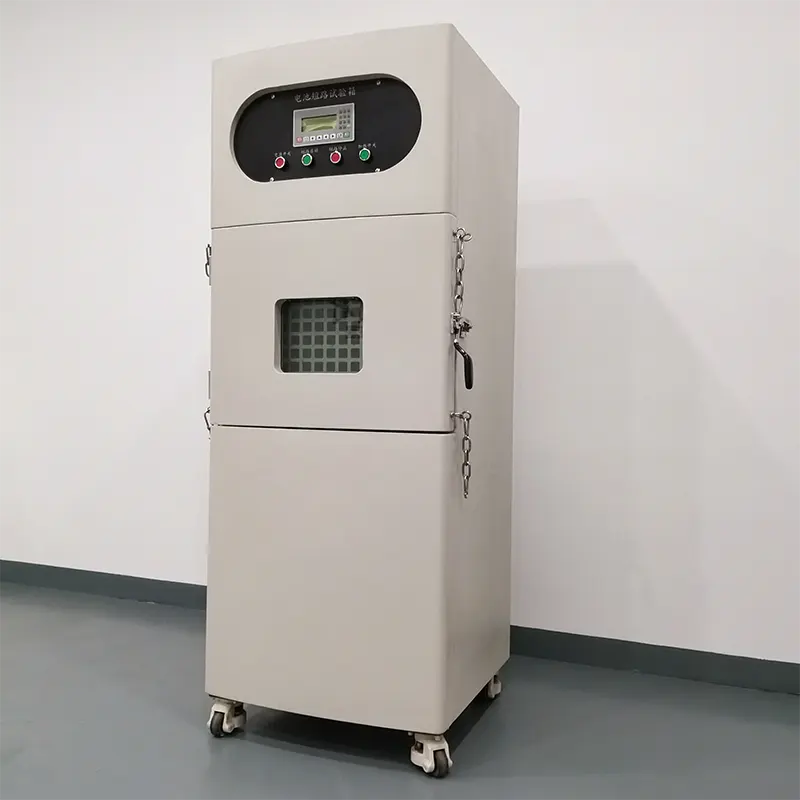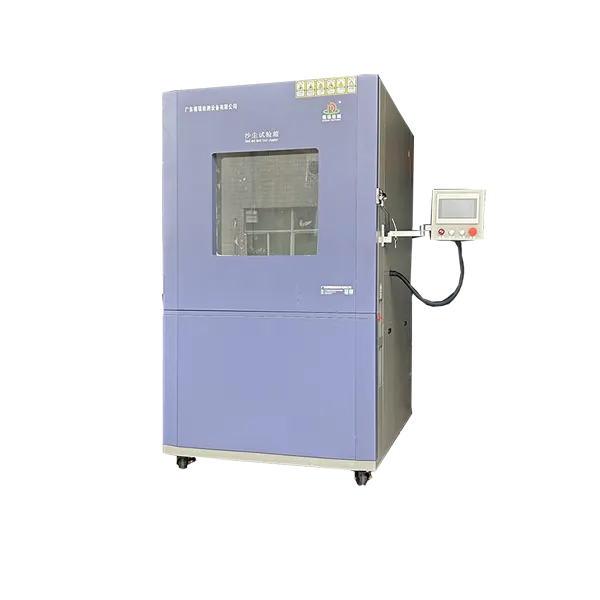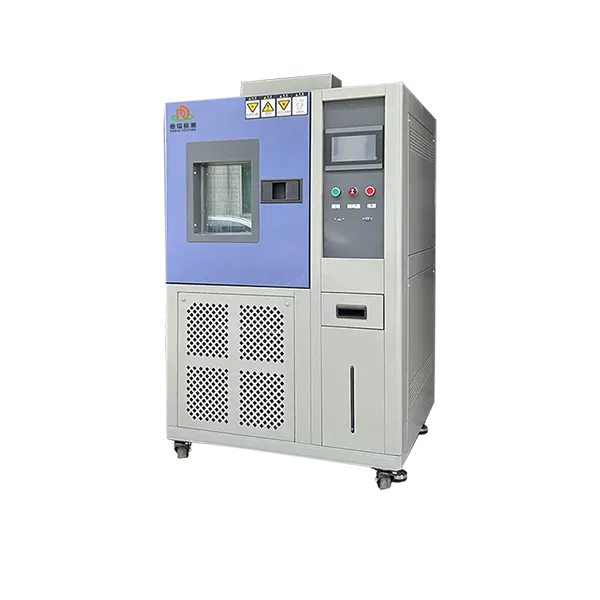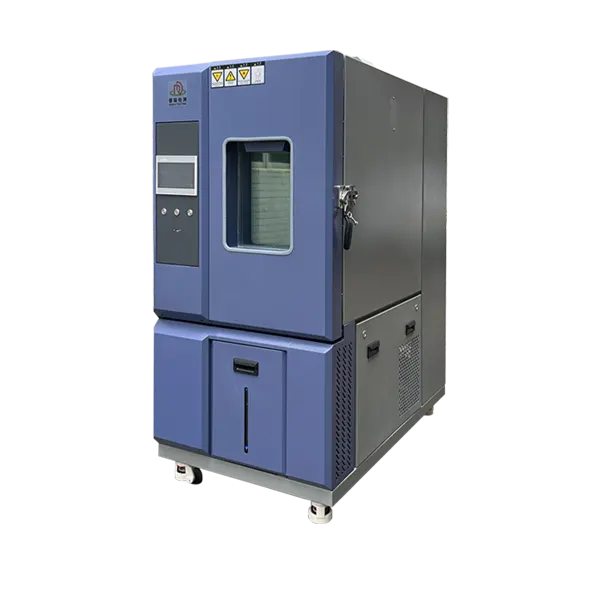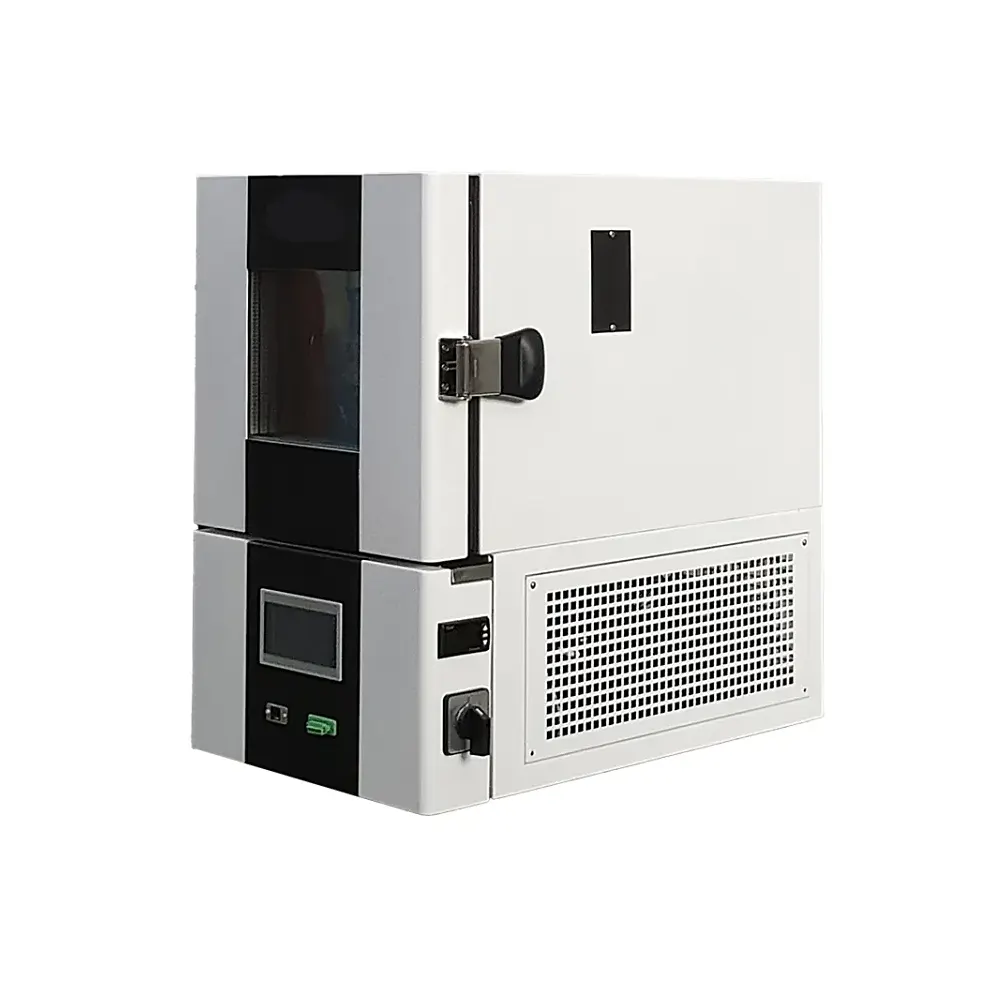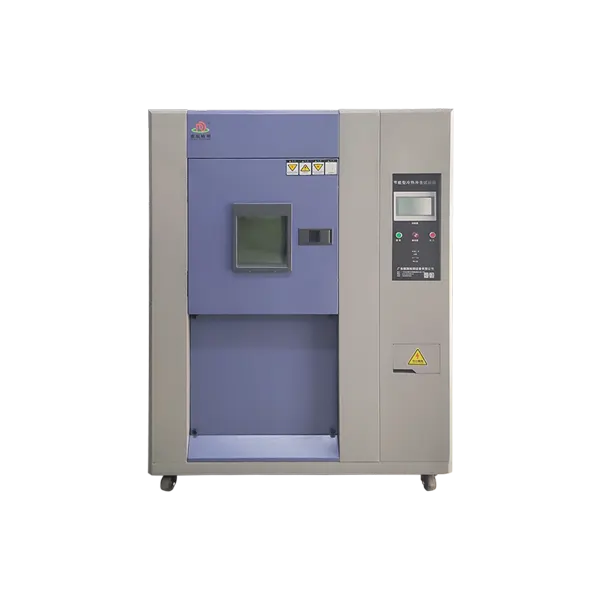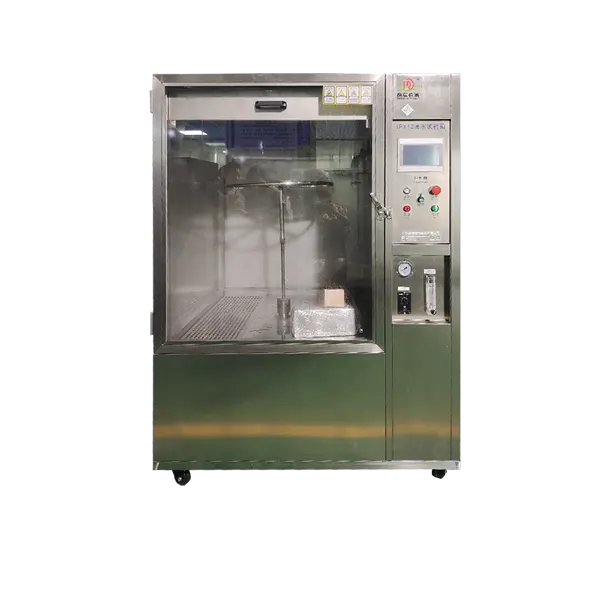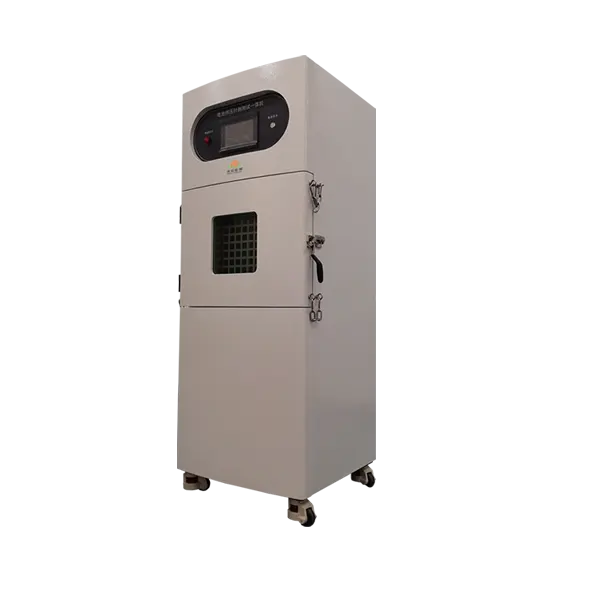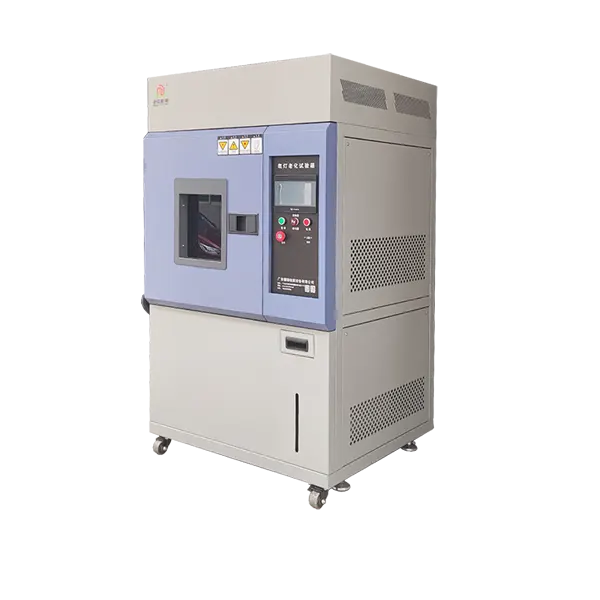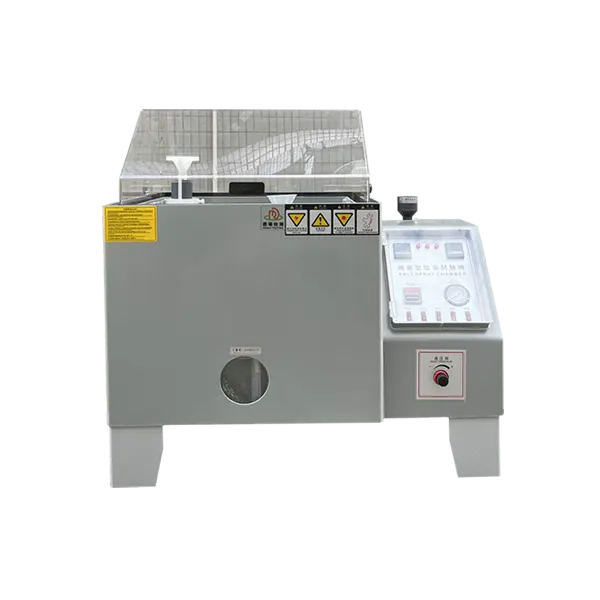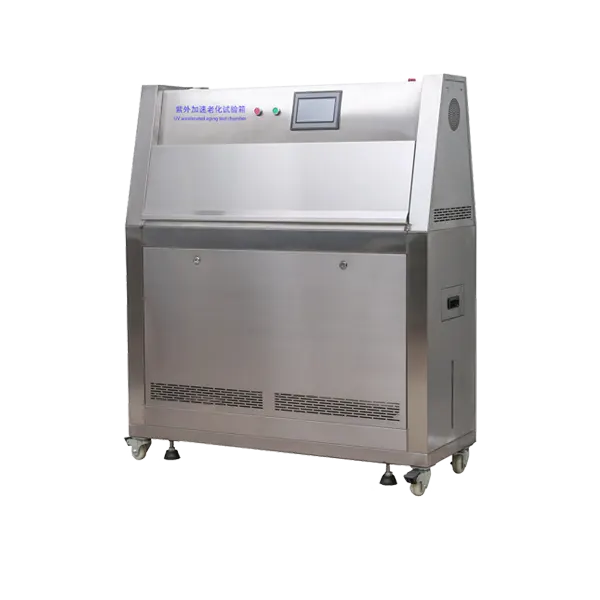The tensile temperature test chamber offers precise temperature control and tensile testing, ensuring that each experiment meets the high standards of material analysis requirements. Its multi-functional features make it a core device in research and industrial applications. By optimizing the test settings, users can conduct material tests within a strict temperature range, thereby obtaining reliable data support. The design of the test chamber fully considers the actual needs of users, is easy to operate, and also has data recording and analysis functions, providing researchers with unparalleled convenience.
Features of the tensile temperature test chamber
The tensile temperature test chamber combines multiple advantages and is an ideal choice for material testing. The following are its main features.
1、High-precision measurement
The tensile temperature test chamber is equipped with high-precision sensors to ensure the authenticity and reliability of the measurement results.
2、Wide compatibility
Suitable for a variety of materials, including metals, alloys and composite materials, to meet all your testing needs.
3、Powerful data processing capabilities
Equipped with an internal data processing system, it can quickly generate test reports and improve work efficiency.
4、Temperature uniformity
Ensure uniform temperature distribution inside the box to provide stable conditions for tensile testing.
5、Exquisite design
The tensile temperature test chamber adopts a modern design, which is in line with ergonomics and makes operation more convenient.
6、Excellent after-sales support
Our customer service team provides you with comprehensive technical support and maintenance assistance.
Software Functionality
The measurement and control system is specifically designed for microcomputer electronic universal testing machines, microcomputer hydraulic universal testing machines, and microcomputer pressure machines. It can perform tensile, compressive, bending, shearing, tearing, and peeling tests. Data acquisition, storage, processing, and printing of test results are carried out using a PC and interface board. It can calculate parameters such as maximum force, yield force, average peeling force, maximum deformation, yield point, and elastic modulus; it also supports curve processing, multiple sensor support, graphical and image-based interfaces, flexible data processing, and MS-ACCESS database support, making the system more powerful.
Environmental requirements for use (recommendation):
- The room temperature should be within the range of 10 to 35℃, with a temperature fluctuation of no more than 2℃/h.
- The variation of power supply voltage should not exceed ±10% of the rated voltage. The power supply frequency is 50Hz.
- There should be no less than 0.7m of space around the tensile testing machine. The working environment should be clean and free of dust.
- It should be used in an environment without obvious electromagnetic interference, shock or vibration.
- The relative humidity of the usage environment should be less than 80%, and there should be no corrosive media in the surrounding environment.







